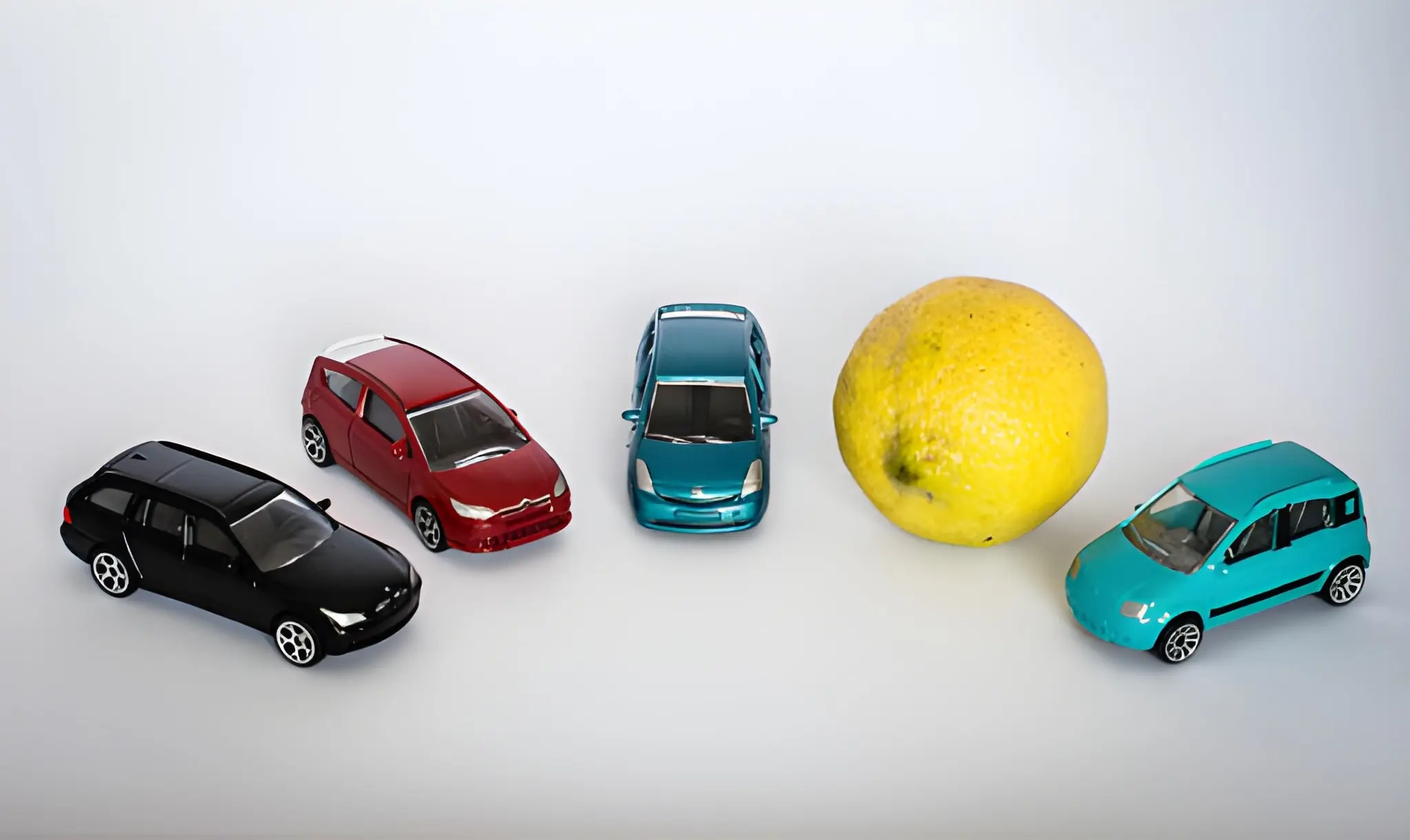Are Electric Vehicles Covered Under Lemon Law?
As electric vehicles (EVs) continue to gain popularity, many consumers are left wondering how existing laws protect them in the event that ongoing defects affect their vehicle. Lemon laws, crafted initially to support buyers of traditional gas-powered cars, now play an increasingly important role for EV owners. Whether you’re dealing with persistent software problems, range anxiety caused by battery deficiencies, or confusing repair processes, it’s crucial to know your legal rights. Many consumers facing these challenges seek help from Mississippi lemon law attorneys to navigate their options efficiently and assertively.
Lemon laws apply to electric vehicles (EVs), offering protections like refunds, replacements, or repairs if they fail to meet reliability or safety standards. These laws vary by state and are not universally identical. EVs have unique components and systems that can fail, with some defects resembling gasoline issues. Documenting service visits, maintaining open communication with manufacturers, and understanding state-specific requirements are crucial for resolving issues effectively. As EV regulations evolve, consumers can better defend their investment in green technology, ensuring safety and satisfaction throughout the vehicle’s lifespan.
Understanding Lemon Laws
Lemon laws are legal statutes established to protect consumers who inadvertently purchase vehicles that are found to have substantial defects. These defects must significantly impair the vehicle’s use, value, or safety. In situations where the manufacturer cannot resolve the problem after a reasonable number of repair attempts, the law may require them to offer a replacement or refund. Lemon laws are enforced at the state level, and understanding your location’s specific rules is the first step to protecting your rights as a car owner. The Federal Trade Commission also outlines the fundamental rights of all car owners, including EV drivers, under the lemon law. Lemon law attorneys play a vital role in helping consumers navigate these complex regulations and ensure that manufacturers are held accountable. Their expertise can make a significant difference in securing fair compensation or a replacement vehicle when persistent defects go unresolved.
EVs and Lemon Law Coverage
With the dramatic increase in EV adoption, most state lemon laws have been updated or clarified to include electric vehicles explicitly. For example, California’s Song-Beverly Consumer Warranty Act covers both traditional and electric vehicles, meaning EVs with core defects are subject to the same protections. If an EV experiences repeated safety issues, performance losses due to software faults, or persistent battery failures, and these issues cannot be resolved within the timeframe or through the specified repair attempts, the owner may qualify for relief.
Common EV Defects
Although electric vehicles eliminate many of the complications associated with internal combustion engines, they introduce a new set of potential defect categories unique to their technology. The most frequently reported EV-specific defects include:
- Battery Issues:These range from rapid capacity loss and reduced range to major malfunctions rendering the car inoperable. Battery replacement can be one of the most expensive repairs for EVs.
- Software Glitches:Central to EV performance and safety, software issues may disrupt everything from driving dynamics to basic infotainment functions. Such defects can also impact over-the-air updates that maintain vehicle security.
- Charging Problems:Malfunctioning charging ports or vehicle systems may make it impossible to recharge the car, undermining reliability and daily usability.
In addition, issues with drive motors, regenerative braking, and inconsistent sensor performance have been reported with increasing frequency as EV adoption grows.
State-Specific Variations
Lemon laws differ significantly depending on your state, particularly with respect to the number of repair attempts, the period of coverage, and the types of vehicles protected. For instance, Colorado’s freshly updated lemon law now extends protection to small business vehicles, lengthens the eligible coverage duration to two years or 24,000 miles, and lowers the failed repair threshold to just three attempts. Laws like these often follow consumer advocacy groups’ campaigns for reforms to address emerging automotive technology and ensure broad legal safeguards.
Steps to Take If You Have a Lemon EV
If you think your EV is repeatedly exhibiting the same defect or is out of service for extended periods, follow these critical steps to preserve your claim under lemon law:
Document Everything: Keep a meticulous record of every repair visit, work order, repair attempt, and all correspondence with your dealer or manufacturer.
Understand Your State’s Lemon Law: Familiarize yourself with the exact requirements—such as the number of repair attempts and the timeframe—for your specific state. Consumer guides and automotive legal sites are invaluable resources for this information.
Consult a Legal Expert: Working with an attorney who specializes in lemon law significantly improves your chances of obtaining a fair outcome, especially in complex cases involving new EV technologies.
Conclusion
State lemon laws broadly protect electric vehicles in the same way as their gas-powered counterparts. As battery technology, software, and new driving systems evolve, legal protections will continue to adapt; however, consumers must remain vigilant, keeping detailed records and seeking specialized help when needed. By understanding the nuances of lemon law as it applies to EVs, owners can protect both their financial investment and their safety, ensuring a satisfying experience in this transformative era of transportation.
Also Read–Trends in Immersive VR Seating Technology for Arcades and Centers

